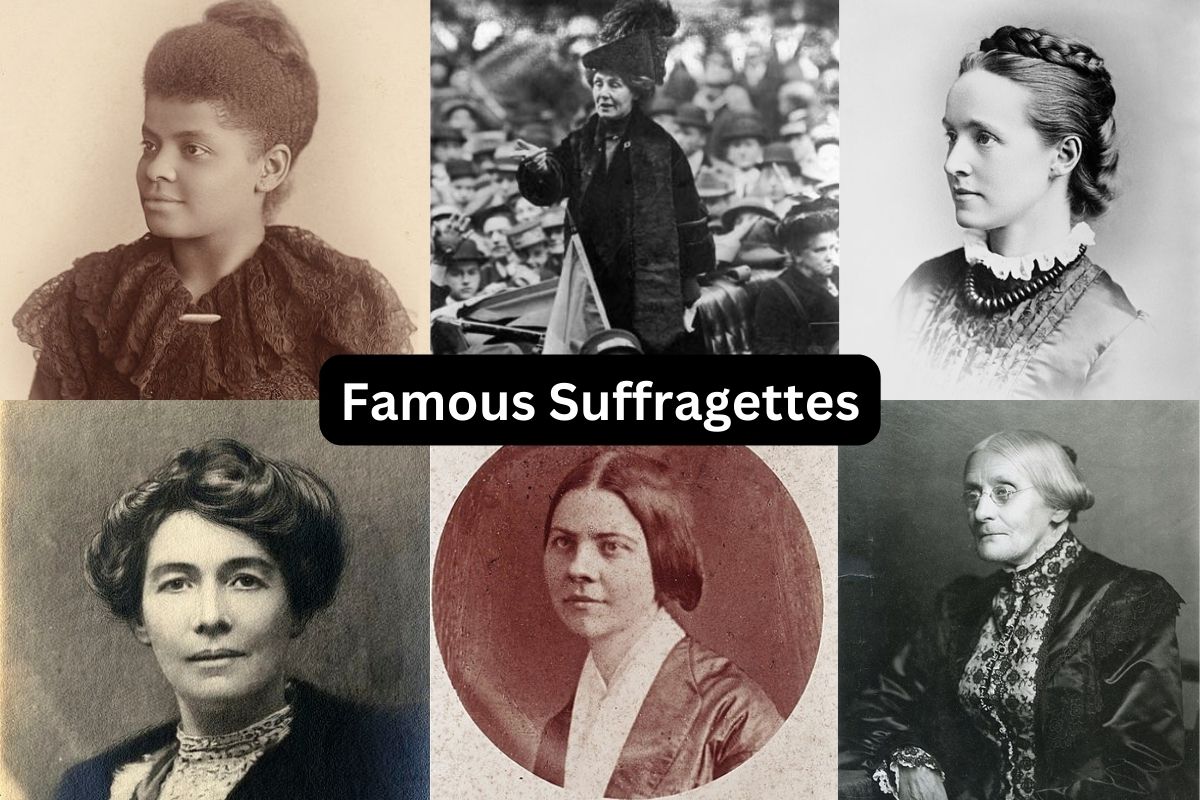The suffragettes were a courageous and influential group of women who fought passionately for women’s right to vote.
Emerging during the late 19th and early 20th centuries, they were at the forefront of the women’s suffrage movement, advocating for political, social, and economic equality. The suffragettes challenged the deeply ingrained societal norms that limited women’s rights and opportunities.
These women employed a range of tactics, from peaceful demonstrations and petitions to more militant strategies, such as hunger strikes, vandalism, and acts of civil disobedience.
Their actions often faced harsh opposition, including arrests, imprisonment, and public condemnation. However, their resilience and unwavering commitment to the cause propelled the suffragette movement forward.
The suffragettes made significant strides in advancing women’s rights. Their relentless advocacy and public visibility brought attention to the injustice of denying women the right to vote.
Their activism laid the groundwork for the eventual achievement of women’s suffrage in many countries, empowering women to participate in political decision-making and shaping the future of gender equality.
The suffragettes’ legacy continues to inspire and remind us of the ongoing struggle for equal rights, encouraging us to challenge existing inequalities and fight for a more inclusive society.
Famous Suffragettes
1. Emmeline Pankhurst
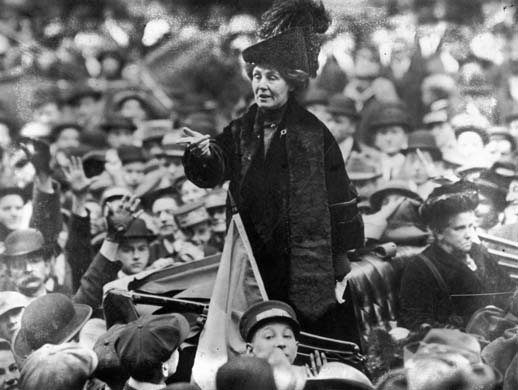
Emmeline Pankhurst (1858-1928) was a leading figure in the British suffragette movement and the founder of the Women’s Social and Political Union (WSPU). Pankhurst dedicated her life to fighting for women’s suffrage.
She advocated for more militant tactics and civil disobedience to draw attention to the cause. Pankhurst, along with her daughters Christabel and Sylvia, faced imprisonment, hunger strikes, and violent clashes with authorities during their activism.
Her rallying cry “Deeds, not words” embodied her belief in direct action. Pankhurst’s determination and leadership were instrumental in securing the right to vote for British women.
Despite facing numerous obstacles, she inspired generations of women to stand up for their rights and helped pave the way for greater gender equality.
2. Susan B. Anthony

Susan B. Anthony (1820-1906) was a prominent American suffragette, abolitionist, and women’s rights activist. She dedicated her life to the fight for women’s suffrage in the United States.
Anthony co-founded the National Woman Suffrage Association and played a pivotal role in organizing conventions, speaking engagements, and petition campaigns. Her tireless efforts to secure voting rights for women often faced resistance and controversy.
In 1872, she was arrested for voting illegally and stood trial, which brought attention to the cause. Anthony’s unwavering determination, eloquence, and advocacy laid the foundation for the eventual ratification of the 19th Amendment, granting women the right to vote.
3. Alice Paul
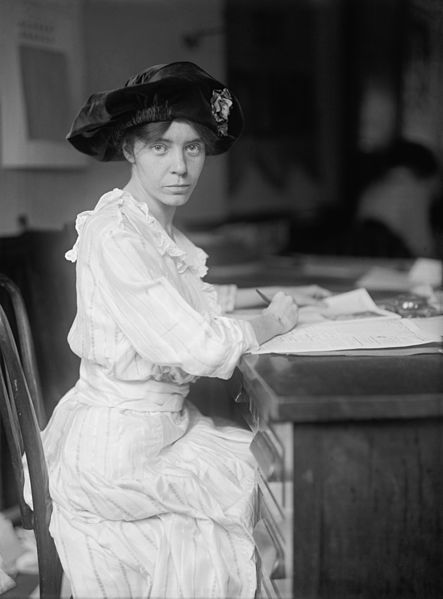
Alice Paul (1885-1977) was an American suffragette and women’s rights activist who played a significant role in the women’s suffrage movement. She co-founded the National Woman’s Party (NWP) and was a leading strategist and organizer.
Paul employed innovative tactics such as organizing parades, pickets, and hunger strikes to draw attention to the cause.
She was instrumental in organizing the Woman Suffrage Procession of 1913, a landmark event in the movement. Paul’s unwavering commitment to women’s suffrage eventually led to the passage of the 19th Amendment.
Her efforts also extended to international women’s rights advocacy, where she played a pivotal role in drafting the Equal Rights Amendment (ERA). Alice Paul’s lifelong dedication to gender equality continues to inspire activists to this day.
4. Elizabeth Cady Stanton
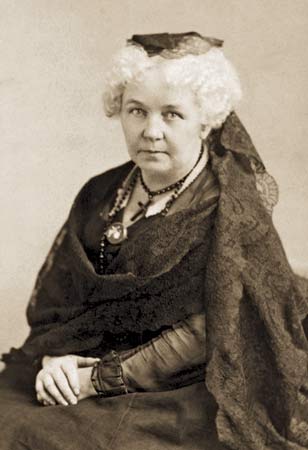
Elizabeth Cady Stanton (1815-1902) was a prominent American suffragette, abolitionist, and women’s rights pioneer. She co-organized the historic Seneca Falls Convention in 1848, where the famous Declaration of Sentiments was drafted, calling for women’s rights including suffrage.
Stanton dedicated her life to fighting for women’s suffrage and gender equality. She co-founded the Women’s Loyal National League and worked tirelessly to challenge discriminatory laws and social norms.
Stanton’s powerful speeches and writings played a crucial role in advancing the cause of women’s rights, advocating for issues such as divorce rights, property ownership, and educational opportunities for women.
5. Emmeline Pethick-Lawrence
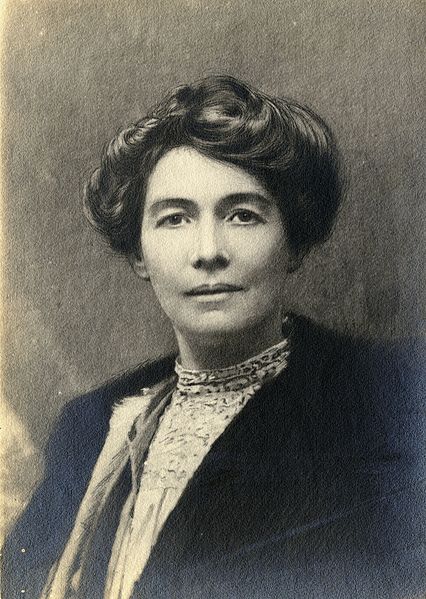
Emmeline Pethick-Lawrence (1867-1954) was a British suffragette and a leading figure in the Women’s Social and Political Union (WSPU).
Alongside her husband, Frederick Pethick-Lawrence, she co-edited the newspaper Votes for Women, which served as a vital medium for the suffrage movement. Pethick-Lawrence’s activism led her to endure imprisonment, hunger strikes, and constant harassment from authorities.
She played a significant role in organizing protests, demonstrations, and fundraising campaigns for the suffragette cause.
Despite personal sacrifices, Pethick-Lawrence’s dedication and determination helped bring attention to women’s rights and contributed to the eventual success of the suffrage movement.
6. Sojourner Truth
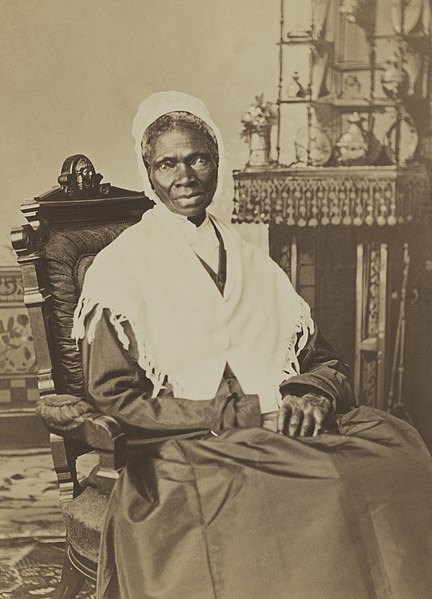
Sojourner Truth (c. 1797-1883) was an African American suffragette, abolitionist, and women’s rights activist. Born into slavery, she became an influential speaker and advocate for both women’s rights and the abolition of slavery.
Truth’s powerful and iconic speech, “Ain’t I a Woman?”, delivered at the Women’s Rights Convention in Ohio in 1851, highlighted the intersectionality of race and gender in the struggle for equality.
She fought tirelessly for the rights of African Americans and women, using her own experiences to bring attention to the injustices faced by marginalized communities.
Truth’s remarkable resilience and passionate advocacy continue to inspire and resonate with activists fighting for equality and social justice today.
7. Millicent Fawcett
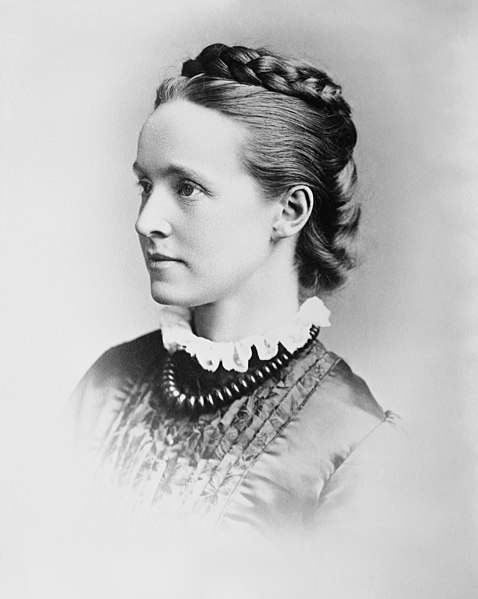
Millicent Fawcett (1847-1929) was a British suffragette and the founder of the National Union of Women’s Suffrage Societies (NUWSS). She dedicated her life to campaigning for women’s suffrage through peaceful means.
Fawcett believed in the power of education, persuasion, and political lobbying to bring about social change. She organized petitions, rallies, and public meetings, and her efforts were instrumental in gaining the vote for women in the UK through the Representation of the People Act in 1918.
Fawcett’s steadfast commitment to suffrage, combined with her efforts for social justice and equality, left a lasting impact on the women’s rights movement in Britain.
8. Lucy Stone
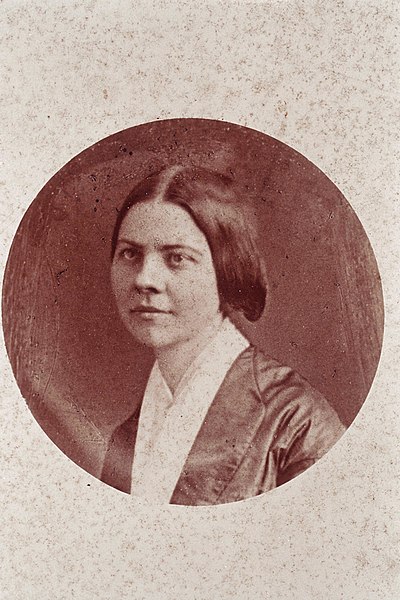
Lucy Stone (1818-1893) was an American suffragette and abolitionist who played a significant role in the women’s rights movement. Stone was the first woman from Massachusetts to earn a college degree and became an influential speaker and writer.
She dedicated her life to advocating for women’s rights, focusing on issues such as suffrage and legal rights for married women. Stone was a key organizer of the National Woman’s Rights Convention and worked tirelessly to promote gender equality through peaceful means.
Her dedication to equal rights and her belief in women’s intellectual capabilities were instrumental in laying the foundation for future suffragettes.
9. Christabel Pankhurst
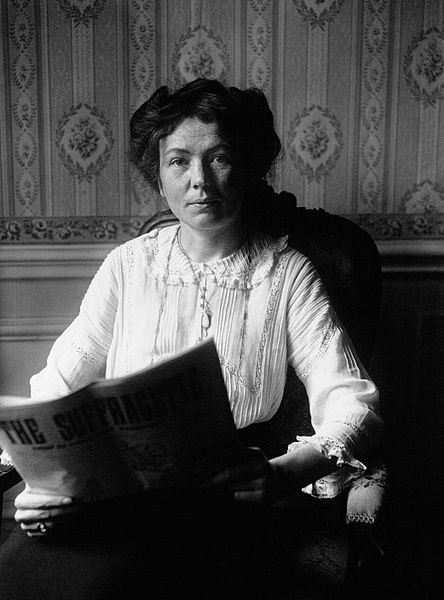
Christabel Pankhurst (1880-1958) was a British suffragette and a prominent member of the Women’s Social and Political Union (WSPU).
As the daughter of Emmeline Pankhurst, she played a crucial role in the militant campaign for women’s suffrage in the UK. Pankhurst organized protests, demonstrations, and acts of civil disobedience to draw attention to the cause.
She faced imprisonment and hunger strikes, enduring great personal sacrifices for the sake of women’s rights.
Pankhurst’s strategic thinking and leadership skills contributed to the suffragette movement’s growing influence and impact, ultimately leading to the partial granting of the vote for women in the UK.
10. Ida B. Wells
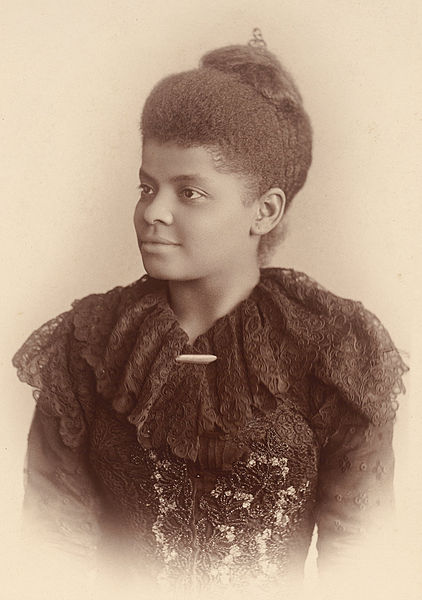
Ida B. Wells (1862-1931) was an African American suffragette, journalist, and civil rights activist. She fought tirelessly for women’s suffrage and against racial injustice. Wells dedicated her life to investigative journalism, exposing the horrors of lynching and advocating for racial equality.
She co-founded the National Association of Colored Women (NACW) and played a significant role in the suffrage movement, working towards the enfranchisement of African American women.
Wells’s unyielding commitment to justice, combined with her eloquent writings and fearless activism, left an indelible mark on both the suffragette and civil rights movements, making her a powerful and influential figure in American history.
